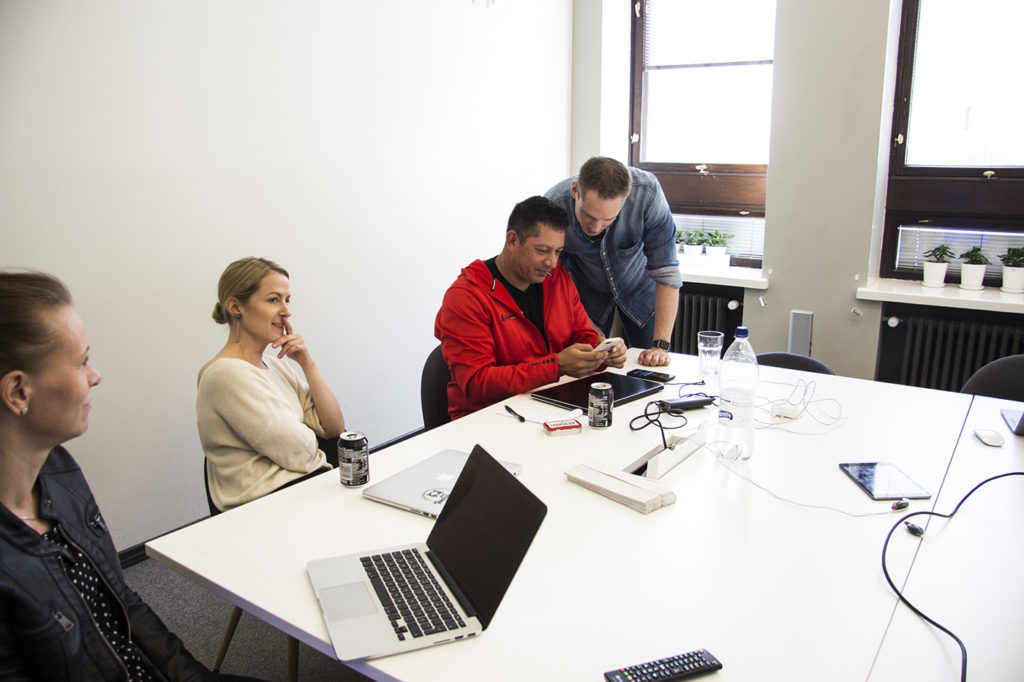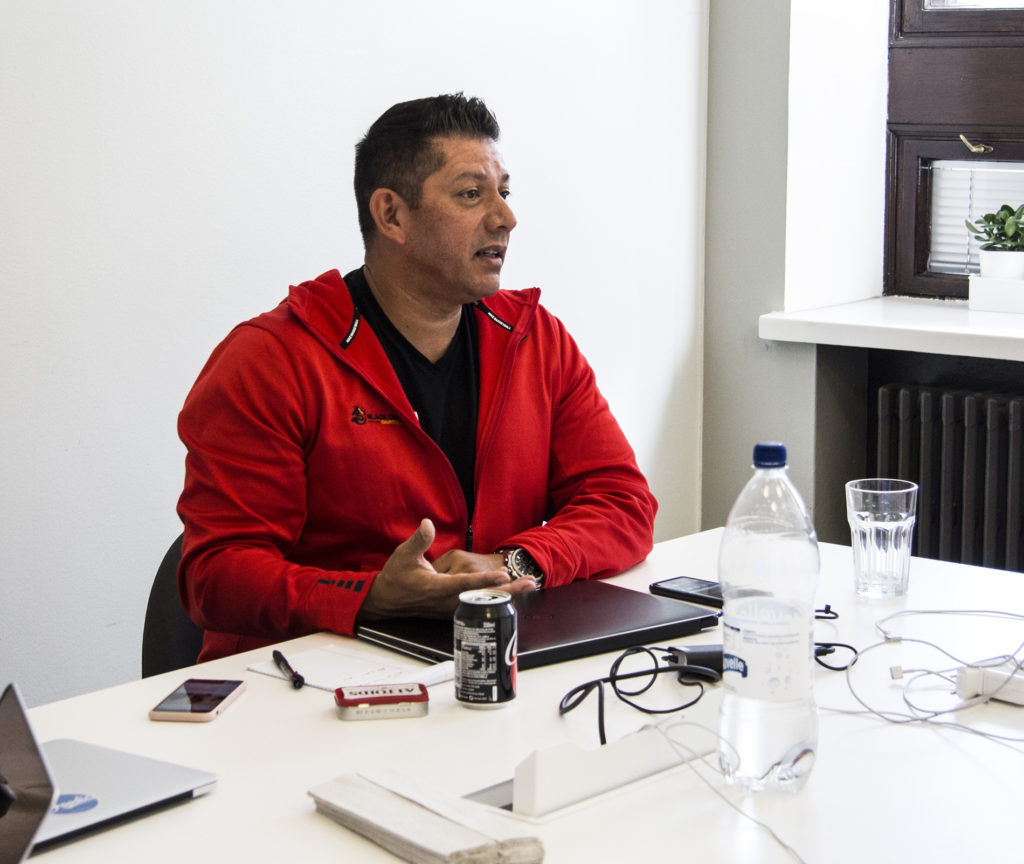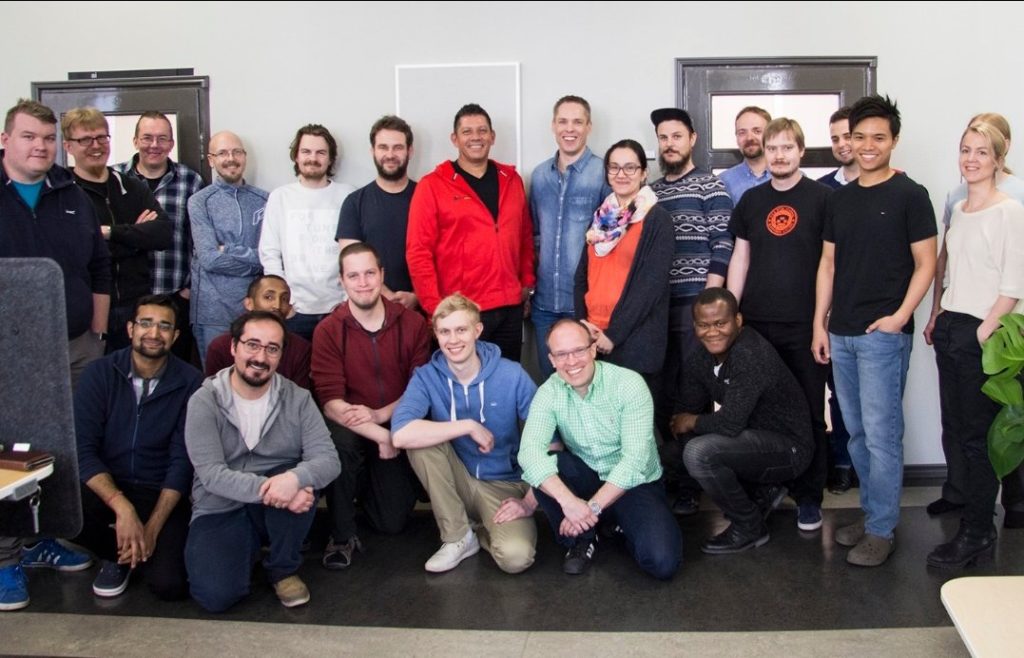Pleasure to meet you, Louis. Can you tell us a little bit about your investment fund, Black Dragon Capital?
Sure. We are a group of entrepreneurs with a successful track record of building and investing in technology companies in media technology, retail commerce technologies and financial services technology. What makes Black Dragon Capital unique is that all of the investment professionals, analysts and advisors have successfully operated businesses in the areas we invest in. They also have a passion for building great companies and enormous respect for the entrepreneurs who dream of solving big issues. We know the joys of entrepreneurship and have experienced the pitfalls as well. I think we’re unique in that we truly contribute to management teams by sharing what we learned from building our own companies. I myself, have started several companies, and my first startup drew $330 million in a few years and my second grew to almost $1.5 billion in value. We have codified the learnings from our experiences and share these with our leaders so they can adopt them where they make sense for the markets they serve and the regions they operate in. As fellow operators, we appreciate how helpful it can be to have folks who have walked the walk and talked the talked by living in our shoes. There is great respect and trust for our fellow entrepreneurs and it’s fun to build great companies.





